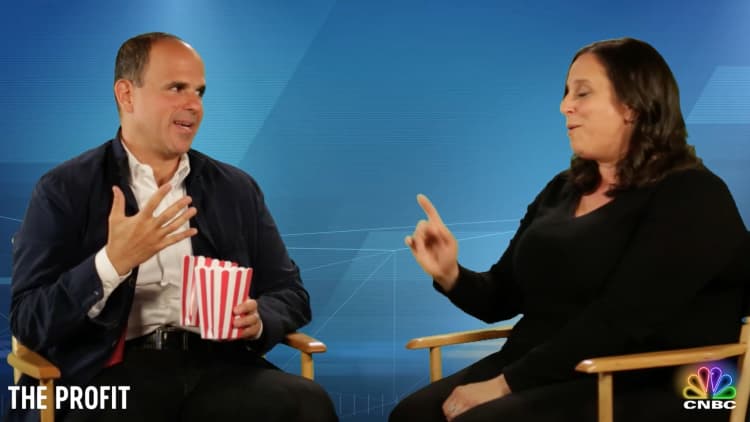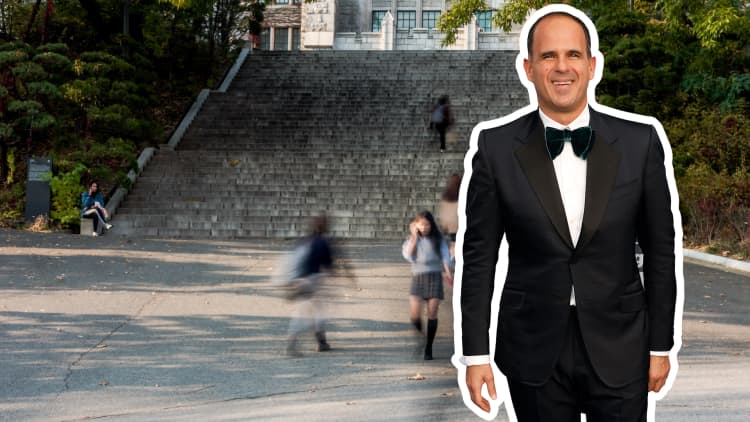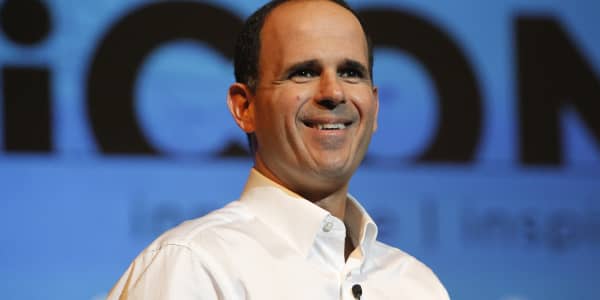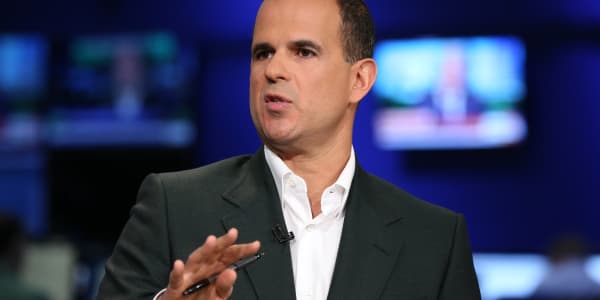Self-made millionaire and entrepreneur Marcus Lemonis is a big proponent of going to college, but he's less concerned about which school you cite as an alma mater.
"I think that getting a formal education is paramount for everybody, whether that's at a community college or whether that's at a four year college," says Lemonis, the host of CNBC's "The Profit," where he tries to help struggling entrepreneurs turn around their small businesses.
What's more, Lemonis tells CNBC Make It that he's "sort of agnostic about where you get educated," because he places more importance on the "regimen" of going to school and studying for a degree.
"For me, it's more of the principle… the structure, the discipline or the understanding that you're accountable for something," he says of college.
Lemonis himself graduated from Marquette University in 1995 with a degree in political science. As a college student, Lemonis showed off his work ethic by mowing lawns and working as a club promoter in addition to focusing on his studies. After graduating, Lemonis worked at an auto dealership, and then the Florida-based auto retailer AutoNation, before getting into the RV business. Today, Lemonis is the Chairman and CEO of Camping World, a company with a market value of nearly $2 billion.
"I am eternally grateful for the guidance and development that Marquette University provided to me as I embarked on my journey," Lemonis said in 2017.

For Lemonis, though, the most important part about attending college is getting a taste of a structured environment that can best prepare you for the real world and working in a full-time career.
"When people are unable to get a formal education, it's not the education that I'm worried about them missing — it's the structure and the discipline and the accountability that I want to know they have," Lemonis tells CNBC Make It. "You have to show up for class, have to turn in a paper, you get a grade. You're starting to build this process where you are given a task you have to perform and you're judged on it."
In that sense, going to school is "no different than going to work," Lemonis says, with the only difference being that you're paying to go to school, versus getting paid at a job.
In fact, Lemonis believes that "getting an education is a tryout, like practice [for having a job]," he says.
"In my mind, going to school is a job. It is your job to show up on time, to listen to your authorities, to perform the task, to excel at the job," Lemonis says. And, if someone is unable to handle the responsibility of being a full-time student, then Lemonis feels that can offer "a pretty good preview" of what could be their failings as an employee.
If you can't handle the rigors and the structure of college, Lemonis says, then that could suggest "that you're not going to show up to work on time, or take direction appropriately, or see a task through."
"It may not be a literal parallel," he says, but it can be a helpful indicator for an employer like Lemonis who is weighing the collegiate history of a job candidate before making a hire.
CNBC's "The Profit" airs Tuesdays at 10 p.m. ET .
Don't Miss:
Marcus Lemonis' job interview advice for new college graduates
Marcus Lemonis: Stop complaining about work-life balance
Like this story? Subscribe to CNBC Make It on YouTube!






